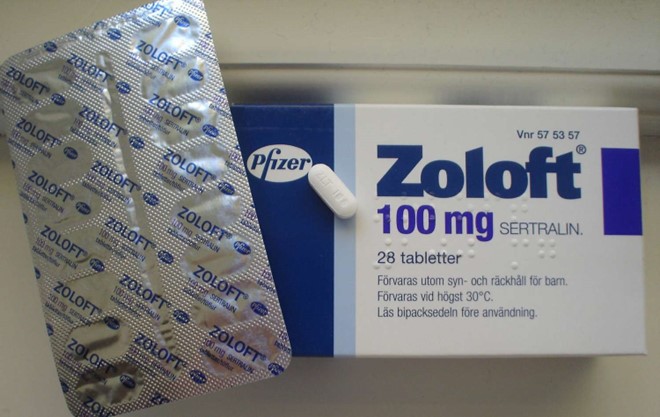A nurse is caring for a patient who has a traumatic brain injury. Which of the following findings should the nurse identify as an indication of increased intracranial pressure (ICP)?
Amnesia.
Tachycardia.
Altered level of consciousness.
Hypotension.
The Correct Answer is C
Altered level of consciousness (LOC). Increased ICP can cause decreased LOC or changes in mental status, including confusion, agitation, or coma.
Options A, amnesia, and B, tachycardia, are not necessarily indicative of increased ICP, while option D, hypotension, is actually a sign of decreased ICP. Monitoring for elevated ICP is critical in patients with traumatic brain injury, and early recognition and intervention can be lifesaving. The nurse should report any changes in the patient's level of consciousness or other neurological symptoms to the provider immediately.
Nursing Test Bank
Naxlex Comprehensive Predictor Exams
Related Questions
Correct Answer is B
Explanation
When an assistive personnel expresses concerns or vents about client behaviors, a therapeutic response is necessary. Asking the AP to explain or to further describe his or her thoughts, feelings, or concerns will allow the AP to reflect on these issues and help clarify any misconceptions or misunderstandings. The nurse's response should be nonjudgmental, noncritical, and focused on the AP's perceptions and feelings.
Option A is confrontational and Option C is inappropriate because it suggests that the AP is not spending enough time with the client.
Option D shifts responsibility for managing the client's behavior to the nurse instead of helping the AP reflect on his or her perception of the situation.
Correct Answer is A
Explanation
Sertraline is a medication used to treat depression and other mental health conditions that can cause unwanted side effects. Excessive sweating and muscle twitching are potential side effects that should be immediately reported to the healthcare provider. A dry cough is a common side effect of other medications and not specific to sertraline.
Decreasing sodium intake is not necessarily related to the medication, and harmless, temporary changes in the ability to taste and smell are not significant enough to warrant special mention.
 Choice B, "This medication can cause a dry cough," is a potential side effect of other medications and may cause confusion as to what medication the client is taking.
Choice B, "This medication can cause a dry cough," is a potential side effect of other medications and may cause confusion as to what medication the client is taking.
Choice C, "I need to decrease my sodium intake while on this medication," is not likely a statement related to sertraline but to other medications or medical conditions.
Choice D, "This medication can cause harmless, temporary changes to my ability to taste and smell," while accurate, is not the most critical information for the client to know about and may cause confusion as to what the client should report to the provider.
Whether you are a student looking to ace your exams or a practicing nurse seeking to enhance your expertise , our nursing education contents will empower you with the confidence and competence to make a difference in the lives of patients and become a respected leader in the healthcare field.
Visit Naxlex, invest in your future and unlock endless possibilities with our unparalleled nursing education contents today
Report Wrong Answer on the Current Question
Do you disagree with the answer? If yes, what is your expected answer? Explain.
Kindly be descriptive with the issue you are facing.
